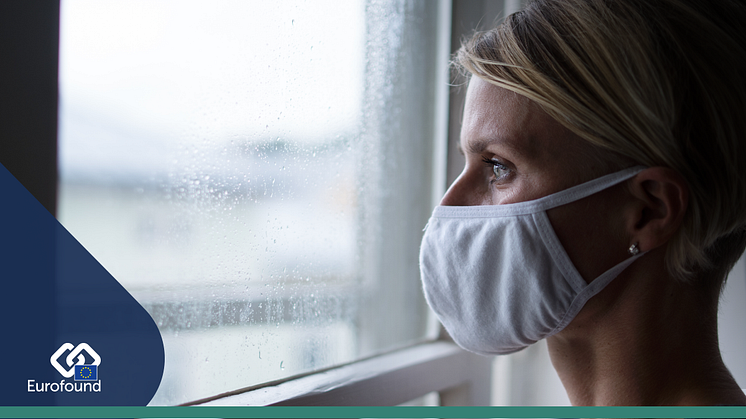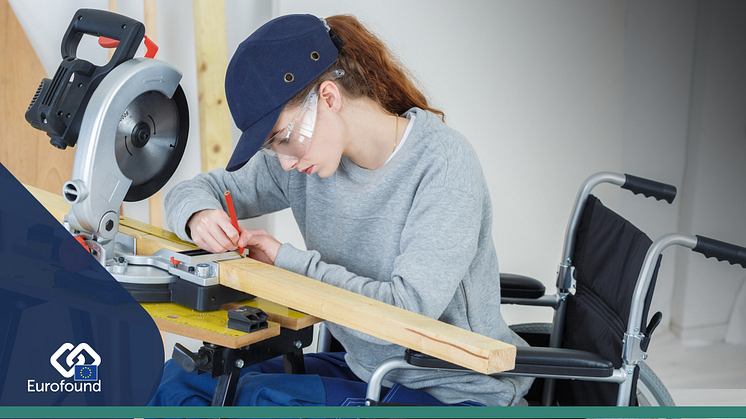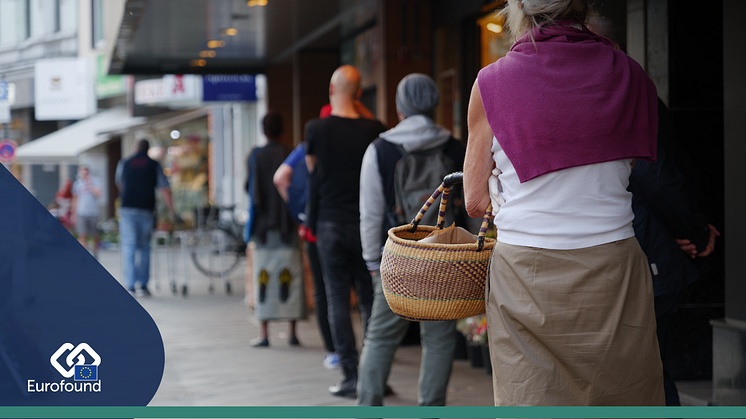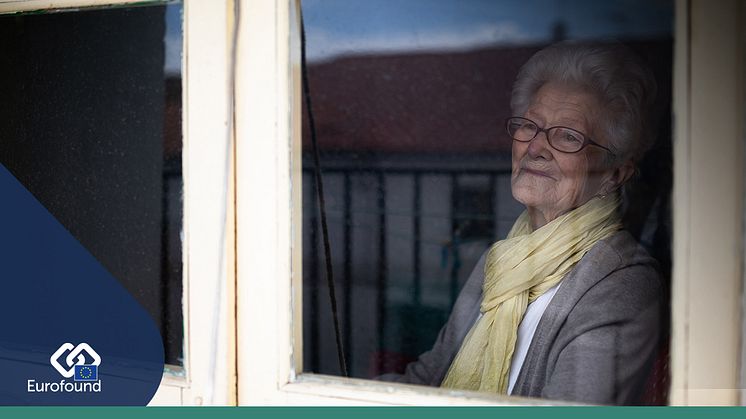
Trust in national governments plummets, threatening social cohesion across EU
Trust in institutions has plummeted across the EU with trust in national governments in particular sending alarm signals across numerous Member States.

Trust in institutions has plummeted across the EU with trust in national governments in particular sending alarm signals across numerous Member States.

Over a quarter (27%) of adults in the EU are vaccine hesitant, with 29% of men and 25% of women indicating that they were either ‘very unlikely’ or ‘rather unlikely’ to take the COVID-19 vaccine in Eurofound’s large-scale Living, working and COVID-19 online survey.

Across Europe, citizens are feeling the divisive social and economic fallout of the pandemic and a dwindling number now view crisis support measures as fair and efficient.

Released just before the publication of the results of the latest Living, working and COVID-19 e-survey, Eurofound's 2020 yearbook takes stock of how much has happened in just 12 months, projects what might lie ahead, and sets the scene for EU policymakers as they seek to shape Europe’s policy responses.

The COVID-19 pandemic is having negative and far-reaching consequences on labour market participation and social inclusion, which may further disadvantage people with disabilities.

Short-time work or similar measures were implemented in all EU Member States during 2020 and contributed greatly to limiting the rise in unemployment that resulted from the COVID-19 pandemic. However, further success was hampered by varying levels of income protection between countries, as well as limitations in coverage.

There were 5.7 million fewer people in employment in the EU by spring 2020 than at the end of 2019, and 6.3 million fewer compared with the trend growth that could have been expected before the COVID-19 pandemic.

Eurofound’s new policy brief on ‘Education, healthcare and housing - How access changed for children and families in 2020’ focuses on the aspects of accessibility for children and families for which Eurofound has data and highlights differences in accessibility before and during the COVID-19 pandemic.

Europe saw two decades of improvement in working conditions in a multitude of areas prior to COVID-19. However, progress in a number of areas, such as gender pay gaps, gender segregation in labour markets, psychosocial risks, and work intensity, were fragile and advancements over 20 years now risk being diluted in less than 20 months.

Eurofound’s Living, working and COVID-19 online survey aims to capture the far-reaching implications of the pandemic for the way people live and work across Europe. Two rounds of the online survey have been carried out to date. The third round is launched today, 15 February, and will be open until 29 March 2021.

Eurofound has published updated monthly comparable data, converted to euro and standardised across 12 months, for 21 EU Member States and the United Kingdom for 2021

Nominal statutory minimum wages in most Member States and the UK continued to rise in 2021. With inflation being low, this has resulted in real increases for those minimum wage workers who have managed to retain their jobs and the same working hours.